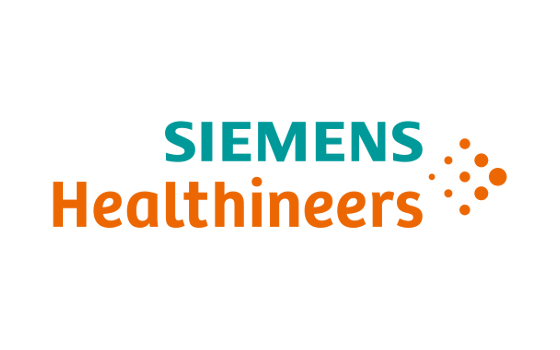 Siemens Healthineers is expanding its site in Rudolstadt, Germany. By mid 2024, a new manufacturing building will be built on the site. The new manufacturing plant will produce electron accelerators that will be used as radiation sources for Varian's cancer therapy devices. Varian has been a Siemens Healthineers company since 2021. The hall will also expand the production line for so-called liquid metal plain bearings, a core technology of high-end computed tomography and angiography systems. The expansion of the site is expected to create around 50 new jobs by 2027. Siemens Healthineers is investing around €25 million in the 2100-square-meter manufacturing facility. The new building is to be built in a CO2-neutral manner and operated as sustainably as possible. "The expansion in Rudolstadt is a strong commitment to the location and the entire region. We want to grow here, create jobs and remain an attractive employer," says Peter Schardt, Chief Technology Officer of Siemens Healthineers and responsible for Rudolstadt as a technology location.
Siemens Healthineers is expanding its site in Rudolstadt, Germany. By mid 2024, a new manufacturing building will be built on the site. The new manufacturing plant will produce electron accelerators that will be used as radiation sources for Varian's cancer therapy devices. Varian has been a Siemens Healthineers company since 2021. The hall will also expand the production line for so-called liquid metal plain bearings, a core technology of high-end computed tomography and angiography systems. The expansion of the site is expected to create around 50 new jobs by 2027. Siemens Healthineers is investing around €25 million in the 2100-square-meter manufacturing facility. The new building is to be built in a CO2-neutral manner and operated as sustainably as possible. "The expansion in Rudolstadt is a strong commitment to the location and the entire region. We want to grow here, create jobs and remain an attractive employer," says Peter Schardt, Chief Technology Officer of Siemens Healthineers and responsible for Rudolstadt as a technology location.
In order to meet the growing demand for Varian's radiotherapy equipment, the company needs a second manufacturing site for core components of its radiotherapy devices in addition to Palo Alto in the USA. In Rudolstadt, Siemens Healthineers has the necessary knowledge and already manufactures such components. The electron accelerators from Rudolstadt are to be used for the Halcyon and TrueBeam radiotherapy systems, some of which are manufactured at the Kemnath site in Germany.
Radiotherapy with so-called linear accelerators is one of the most important methods of modern cancer therapy and is used in more than half of all cancer treatments today. Linear accelerators are used both in the outpatient sector and in hospitals for the targeted treatment of cancer.
Today, around 270 employees develop and produce vacuum components, X-ray tubes and components for medical and industrial use at the Rudolstadt plant. The components are used, for example, in computed tomography, angiography systems or mammography devices. The site is also the manufacturing center for industrial electron linear accelerator systems, which are used, among others, in non-destructive material testing and scanning to check contents of shipping containers, trucks and train cars. The plant in Rudolstadt was founded in 1919.
About Siemens Healthineers
Siemens Healthineers AG (listed in Frankfurt, Germany: SHL) pioneers breakthroughs in healthcare. For everyone. Everywhere. As a leading medical technology company headquartered in Erlangen, Germany, Siemens Healthineers and its regional companies are continuously developing their product and service portfolio, with AI-supported applications and digital offerings that play an increasingly important role in the next generation of medical technology. These new applications will enhance the company’s foundation in in-vitro diagnostics, image-guided therapy, in-vivo diagnostics, and innovative cancer care. Siemens Healthineers also provides a range of services and solutions to enhance healthcare providers’ ability to provide high-quality, efficient care. In fiscal 2022, which ended on September 30, 2022, Siemens Healthineers, which has approximately 69,500 employees worldwide, generated revenue of around €21.7 billion and adjusted EBIT of almost €3.7 billion.